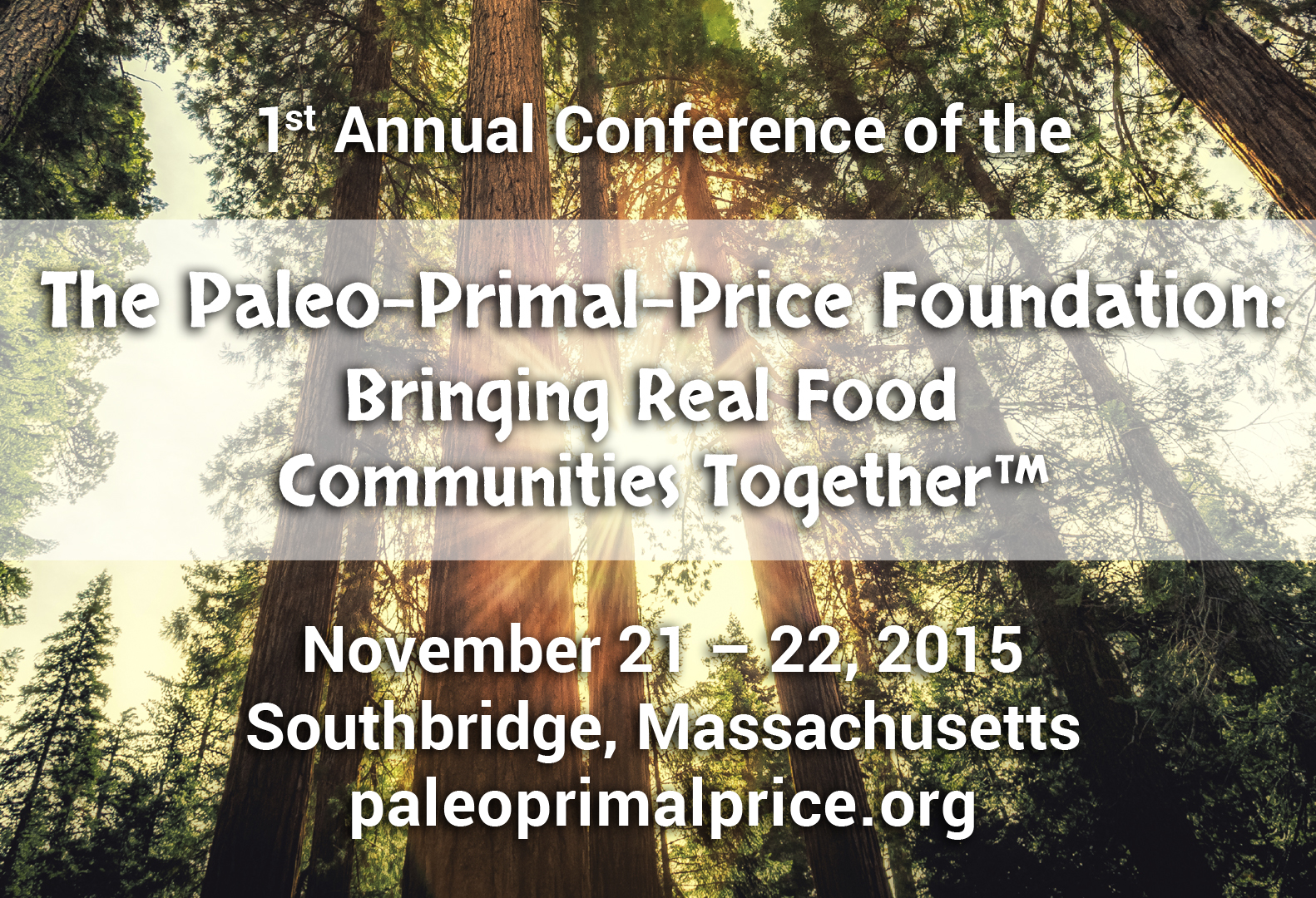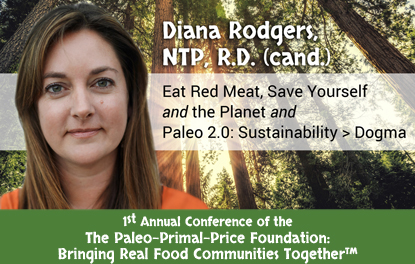Hey folks, you might have heard me say Sustainability > Abs, but now I’ve got a new message. Sustainability > Dogma. All too often, people with good intentions get caught up in the small differences between their version of the optimal human diet and miss the point. Large egos can erode well-intentioned groups. The fact is, those of us in the “real food” movement have a common goal: to get people healthier by encouraging them to eat high quality food grown in a sustainable way.
This is about more than getting six-pack abs.
When it comes down to it, the health of our bodies is directly tied to how our food is produced. We have the right to choose food from producers who respect nature. Nutritionally dense food cannot be grown in a lab, under florescent lights. Real food requires sunlight, clean water, and healthy soil. The health of our soil is critical to the future of our food. Without good soil, we’re doomed. This is why I’m so involved in the work of Joel Salatin, The Savory Institute, and The Farm to Consumer Legal Defense Fund.
I wanted to let you know about an exciting new group called the Paleo-Primal-Price Foundation (P3).
Hats off to this new organization. Their goal is to embrace all aspects of these fundamental diets with bottom-up governance. Their inaugural conference is taking place on November 21 and 22 in Southbridge, Massachusetts. Although I can’t be there personally, my colleague Diana Rodgers will be giving a keynote, “Sustainability > Dogma” in addition to the presentation she gave at the Ancestral Health Symposium New Zealand about why red meat is not only great for human health, but also for the environment. I highly encourage those of you who care about the future of our food movement to check out the P3 (Paleo-Primal-Price Foundation) and foster an open dialogue with like-minded groups.


I am very excited about this new Foundation! I am a long-time member of the Weston A Price Foundation, but in the past few years I have become disenchanted with their governance. The dismissive, divisive attitude towards Paleo in the pages of their journal, Wise Traditions, and on their web site is uncalled for. I am attending what will most likely be my last WAPF conference next week, and look forward to attending next year’s P3 conference!
Just poking some fun but doesn’t sustainability become a dogma based on that equation?
The Paleo diet while great for humans to feed themselves and become healthier and happy does not bode well for our earth. Animal agriculture consumes vast amounts of land, water and plant food while also polluting land, water and air in greater amounts then other sectors that get much more media attention. It is mind boggling how animal agriculture gets swept under the rug, the majority like their red meat. Myself included, I didn’t last long on a plant-based diet. I experimenting with multiple eating regimes and Paleo is amazing, no question. But to feed only a portion of the planet red meat we are completely destroying it. There is so much more to consider then just the basic source to mouth. What impacts the source food has on the planet to be brought to market and how much resources it uses and pollutes versus other offerings. Multiple studies in this aspect would be very interesting for the public to have access to.
Raising animals can be done in a way that’s actually helpful and restorative to the earth and soil. Now are big CAFO industrial food operations doing that, no. But growing giant areas of mono-crops like corn, soy, wheat, etc isn’t good for the soil/earth either, so you can’t say that meat production is only bad. It’s really industrial food production as a whole (which it sounds like you may have been alluding to?). There is also a huge food waste issue.
https://www.youtube.com/watch?v=vpTHi7O66pI